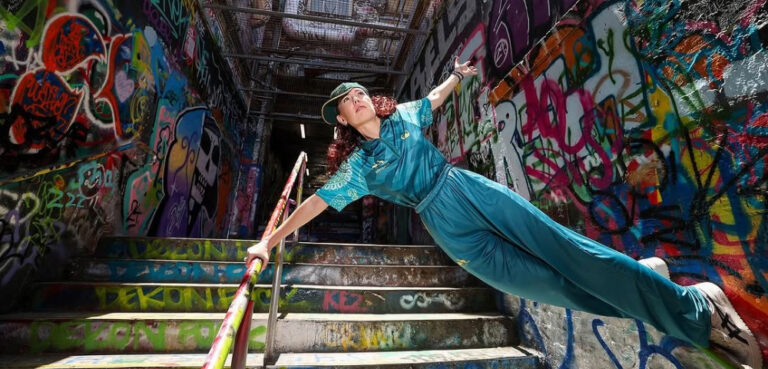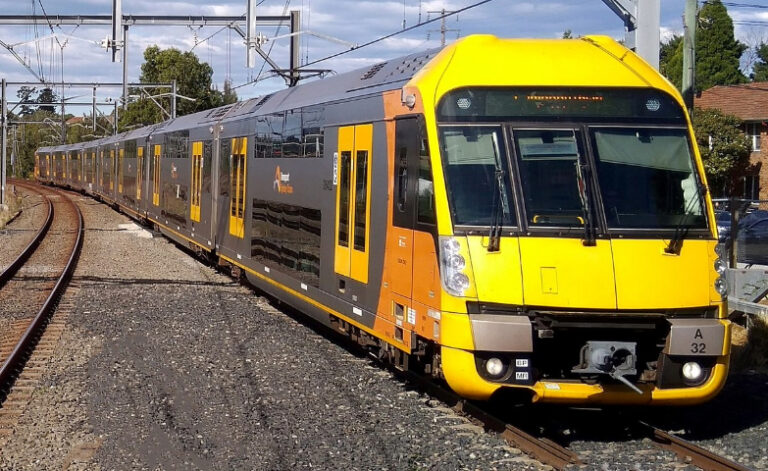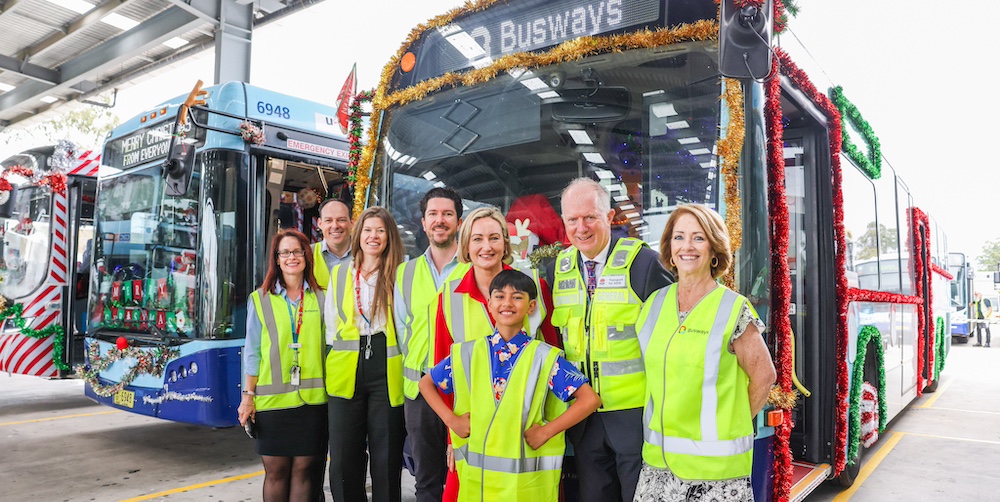

By GRACE JOHNSON
The push for more constraints on short-term rentals amid the housing crisis in NSW has gained momentum following the announcement of a cap in Byron Bay.
The NSW government announced yesterday that a 60-day cap will be introduced on some short-term rental accommodation (STRA) in the Byron Shire Council, following the recommendation of the Independent Planning Commission.
Tighter restrictions on properties in Byron Bay are set to occur in September next year. But not all properties will be affected – some areas where short-stay accommodation is in high demand, such as central tourism zones in Byron Bay and Brunswick Heads, will be spared from the decision.
The decision doesn’t impact hosted short-term rentals either where the host resides on the premises during the short stay.
The cap is intended to encourage people to return homes to the long-term rental market, thereby helping to ease the statewide housing crisis.
Minister for Planning and Public Spaces Paul Scully said, “In the current housing crisis, it’s important every available means to boost housing stock for the community is utilised, including a shift from non-hosted STRA to long-term rentals.”
With high numbers of houses being left vacant during the housing crisis, Airbnb seems to be the next focal point for the nationwide crackdown on short term accommodation. The Victorian Government announced on a new tax on Airbnb last Friday, which will see their levy rise to 7.5%.
Will Greater Sydney follow in their steps?
Jenny Leong MP, Member for Newtown, told City Hub it is crucial we recognise that short-term lending and the people profiting from it are running a business.
“They need to be taxed and regulated and treated like a business,” Leong said.
“It is absolutely clear that we need to get the profit motive out of housing and part of that is addressing the unregulated and excessive impact that short term rental accommodation is having on the cost of living and housing crisis in our cities.”
“What we want to see is a situation where people are first and foremost having safe and secure and long term places to be able to rent that they can afford. And that means making sure that we’re not losing rental properties to the short term holiday market.”
View this post on Instagram
Michael Crosby, Head of Public Policy for Airbnb Australia and New Zealand, said “it’s about getting the balance right. Short-term rentals aren’t the cause of the housing crisis, but we believe there is more we can do to help make a positive difference like advocating for policies that promote the creation of new housing.”
On the new levy in Victoria, Crosby said “a levy this high could have a negative impact on the appeal of tourism destinations in states that introduce them, also penalising everyday Australians seeking a local holiday when many are already grappling with the cost of living.”
However, Leong emphasised that it is critical during a shortage of rental supply to realise that “actually we’re in a situation where there can be an increase in the pressure to stop properties either sitting vacant, or to stop them from being short term holiday lands.”
Leong also spoke of the importance of supporting local councils to be empowered to make local decisions.
Councils need a bigger say in local Airbnb regulation
City of Sydney council passed a motion last week regarding vacant homes during a housing crisis. Lord Mayor Clover Moore is set to write to Minister of Housing and Homelessness, Rose Jackson, for urgent intervention.
Councillor Sylvie Ellsmore, who had put forward the motion last week, expressed to City Hub her ongoing support for a reduced cap on short-term rental accomodation, but also her frustration at local councils having little say in the matter, without government consent.
“Through the City’s Housing for All Working Group and other forums, we are currently looking at options to better regulate short term accommodation like Airbnb,” said Councillor Ellsmore.
“It’s very frustrating – Councils in NSW have very little regulatory authority without the consent of the NSW government.”
“The NSW Greens position – and City of Sydney Council’s position – is that local councils should be given planning powers to decide when and where short term letting can operate in their local government area.”
Dr Laura Crommelin, Senior Lecturer in City Planning at the School of Built Environment, UNSW Arts, Design & Architecture, said that while tighter caps won’t necessarily put every short-term rental back into the long-term rental market, it may help boost at least some supply in the short term and ease some of the pressure for renters.
“There is at least some proportion of existing housing stock used for Airbnb that would return to the rental market if short-term letting were a less attractive proposition,” Dr Crommelin said.
“However, there will still be some owners who would prefer to leave their property vacant rather than ever use it for permanent rental housing.”
Are more people being driven into Airbnb properties?
Councillor Ellsmore said that due to skyrocketing rental prices and difficulty finding rental accomodation, more and more people are finding themselves pushed into staying in Airbnbs.
“We know the length of time people are staying in unhosted AirBnBs is getting longer and longer, which points to a lack of options,” she explained.
“I’ve heard stories of inner city real estate agencies directing people who want to rent out their properties to AirBnB instead, because they can make more money this way.”
“That’s even when rents are sky high! Rents in Sydney have increased upwards of 23% in the last 12 months alone.”









